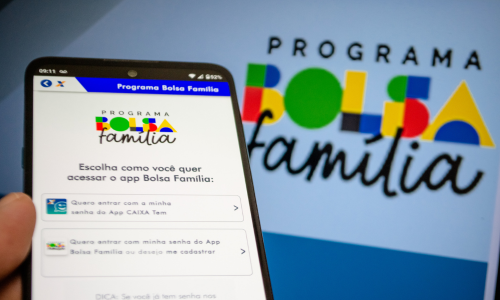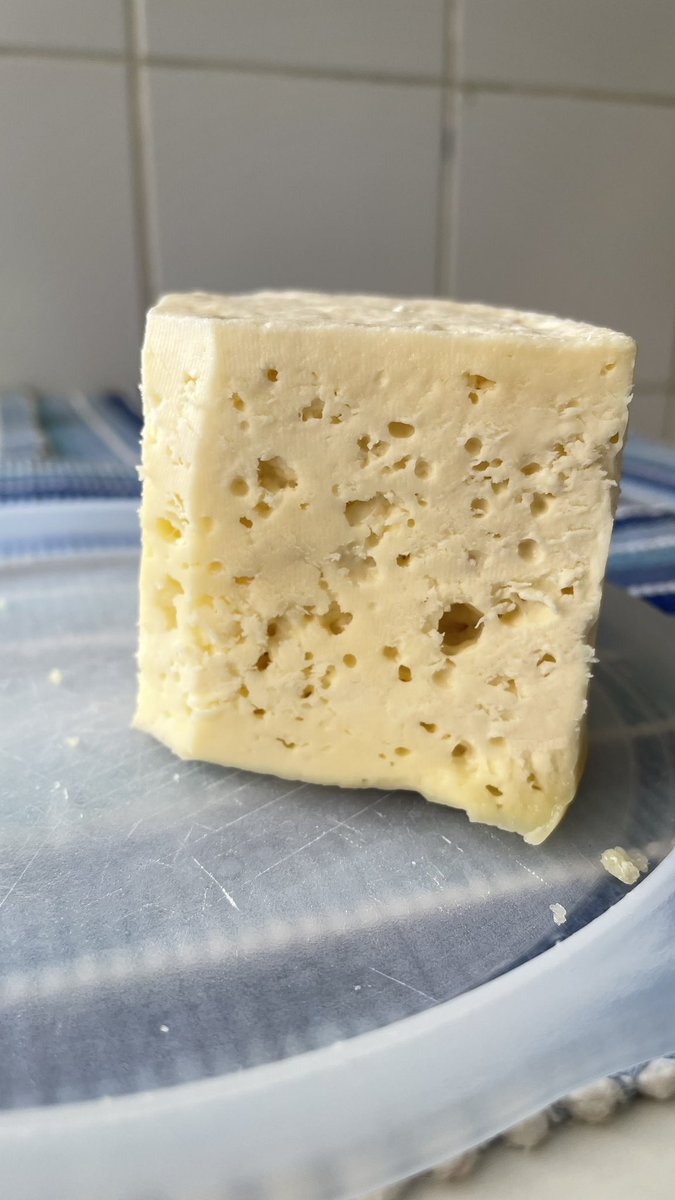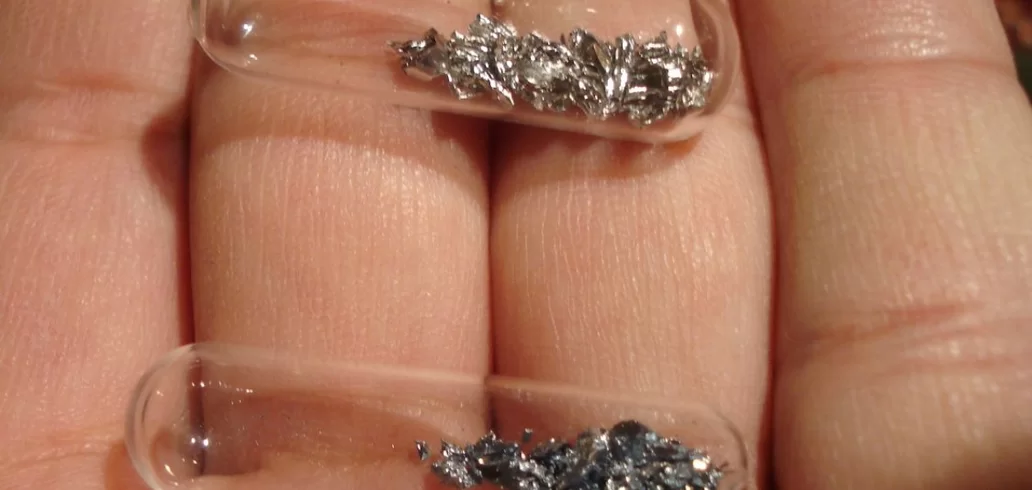Technology
Placing your phone in rice to dry could worsen damage to the device, according to Apple
Advertisement
Why can't you put your cell phone in rice?
Although it is a common practice, putting your phone in rice to try to dry it may not be the best solution. Here are some reasons why:
1. **Limited Efficiency**: Rice may not be as effective as other moisture-absorbing materials, such as silica gel. It can absorb some moisture, but usually not enough to completely solve the problem.
2. **Particle Hazard**: Rice grains can leave residue on the device, potentially causing additional damage or interfering with its functionality.
3. **Extended Time**: The time required for the rice to absorb moisture can be very long, which means that the device may be unusable for an extended period of time.
4. **Other More Effective Options**: There are specific electronics drying products that are designed to absorb moisture more efficiently and quickly, such as silica gel bags or drying kits.
In short, while rice may work in some situations, there are generally more effective and less risky methods for drying a wet phone.
So what should I do?
If your phone gets wet, here are some steps you can take to try to mitigate the damage:
1. **Turn off your phone immediately**: This is crucial to avoid short circuits and permanent damage.
2. **Remove the battery, SIM card, and any removable accessories (if applicable)**: This helps prevent further damage.
3. **Gently dry the outside of the phone with a soft cloth**: Remove as much water as possible.
4. **Use a vacuum cleaner with a fine tip to remove water from ports and vents**: This can help remove moisture that is in hard-to-reach places.
5. **Place your phone in a dry, airy place**: Avoid using hot air or hair dryers, as they can damage the internal components.
6. **Consider using silica gel or a drying kit specifically for electronics**: These materials are designed to absorb moisture more effectively than rice.
7. **Wait at least 24-48 hours before turning your phone back on**: This allows the device to dry completely.
8. **After this period, try turning on your cell phone and check if it works normally**: If there is any problem, such as malfunctions or visible damage, seek technical assistance.
Please note that these steps may not guarantee complete recovery of your phone, especially if it has been exposed to water for an extended period of time. In some cases, you may need to seek professional assistance for further repairs.
You may also like

Bolsa Família 2025: Who is eligible, updated amounts and how to receive it
Bolsa Família provides essential support for low-income families. Learn about the benefit that guarantees food, education and health.
Keep Reading



